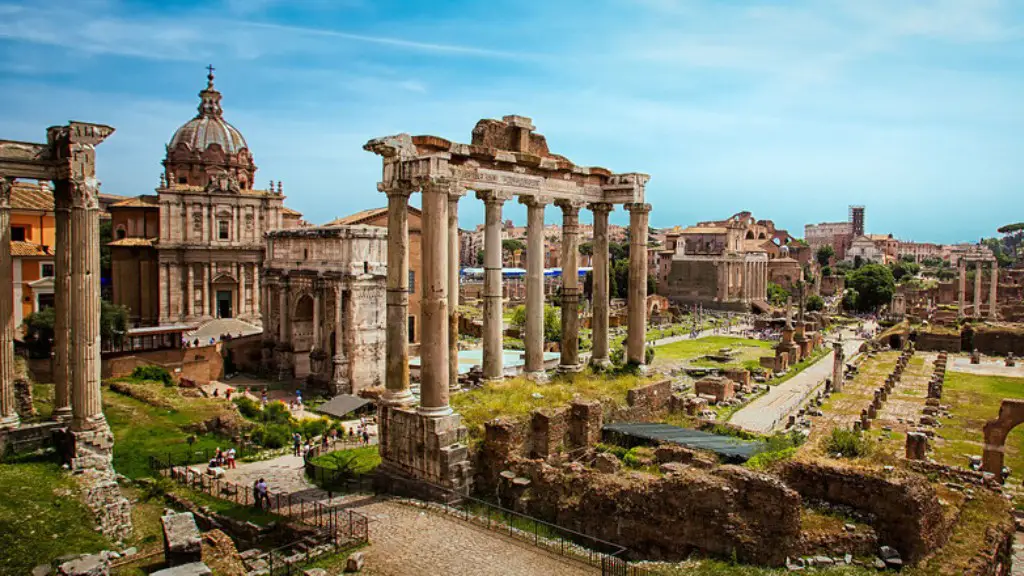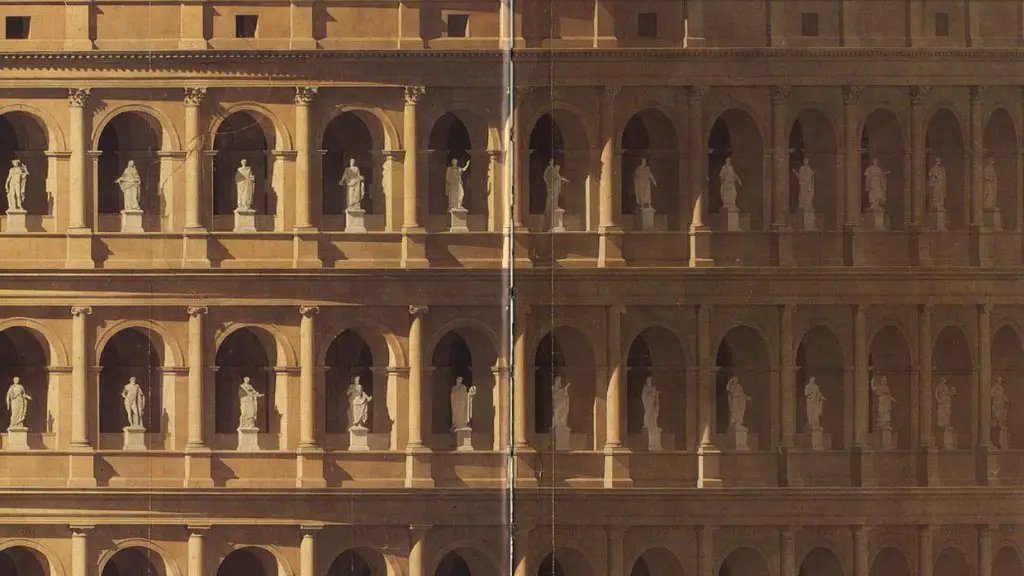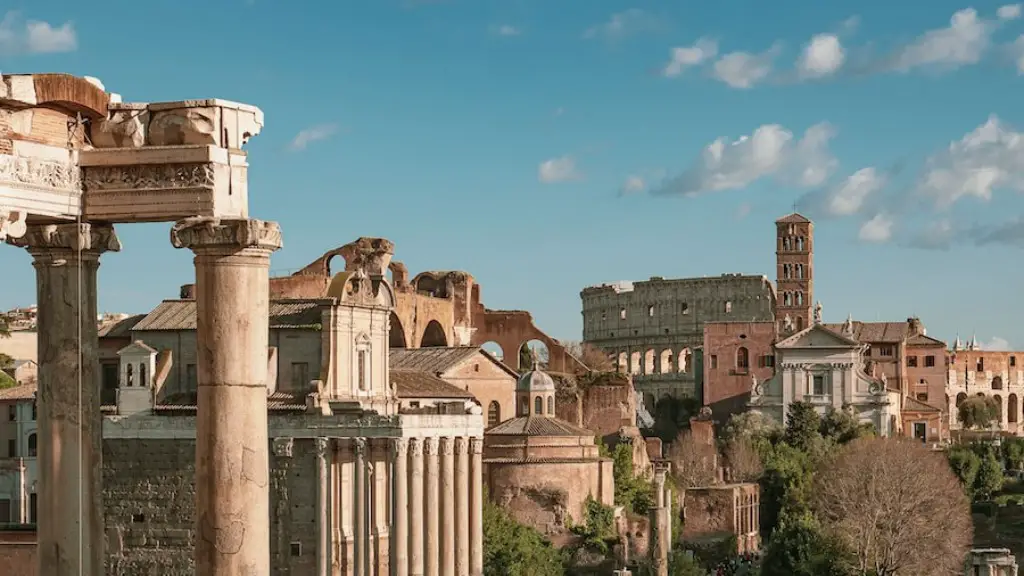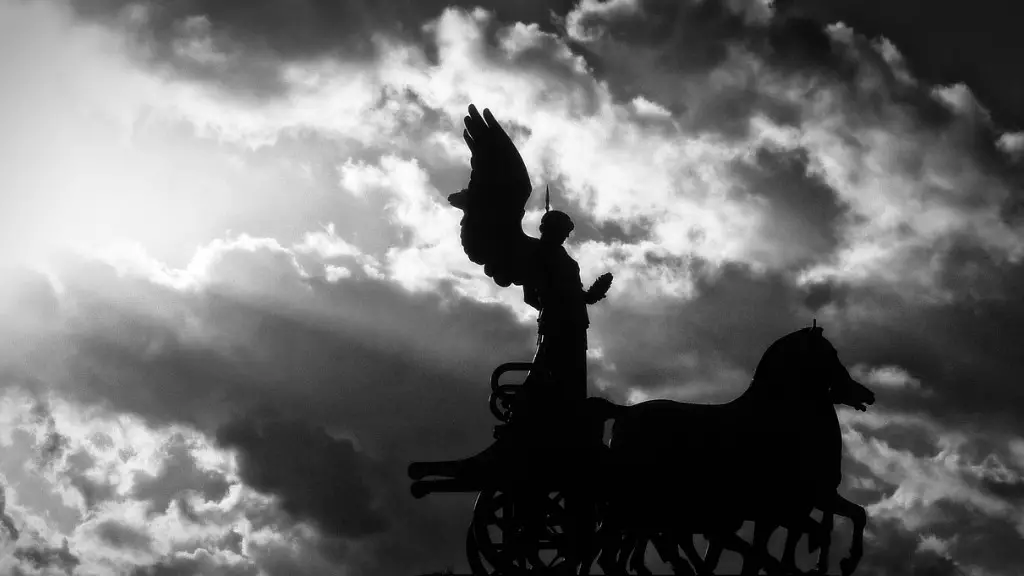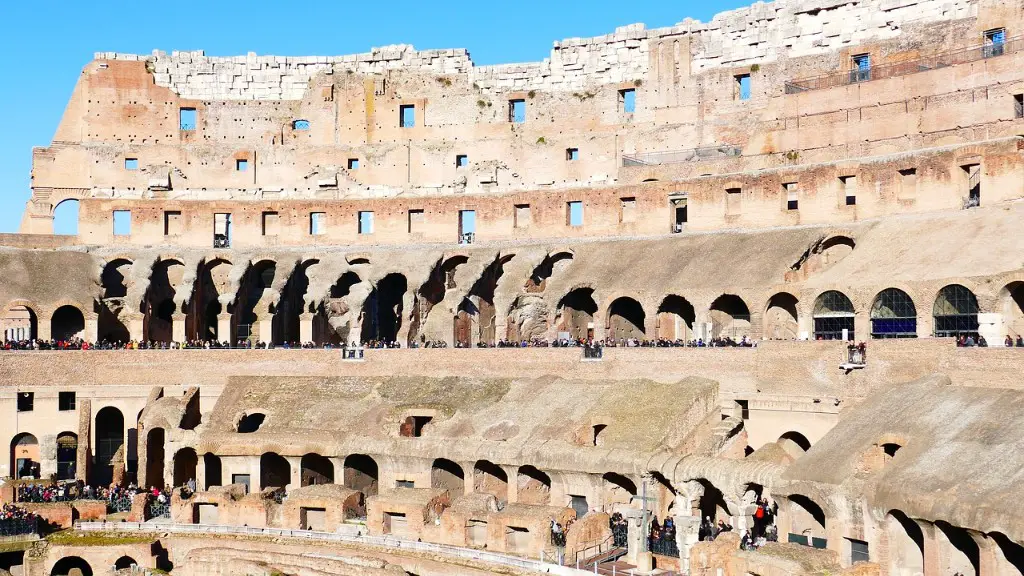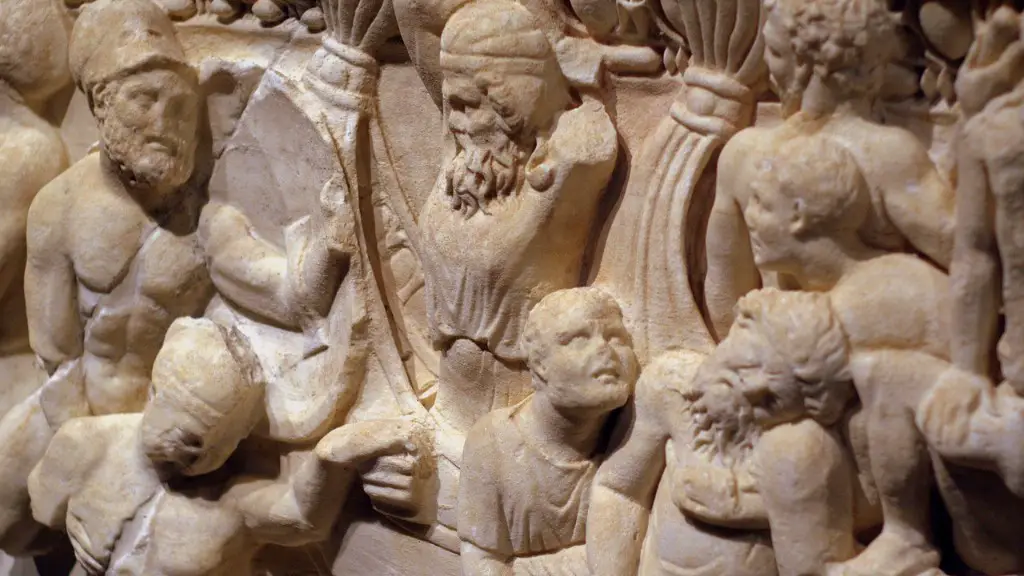School Life
School life in ancient Rome was quite different from what it is like today. Back then, the formal education was limited to the wealthy citizens and more often than not, the process of learning took place within the household. Wealthy families could afford to have private tutors, mostly likely slaves, to provide their children with an education, while the sons of the poorer families might take part in what was known as ‘ambulatory’ schooling in the streets of Rome.
The purpose of school in Rome was to instill in its citizens a sense of responsibility, morality and patriotism for their country. These values were instilled with a heavy emphasis on physical exercise such as running, swimming, and wrestling. Latin and Greek were also taught along with music, drawing, and philosophy.
Although the regional schools of Rome did not teach a systematic approach to philosophy like the one available today, many influential thinkers such as Plato, Aristotle and Cicero turned to the teachings of their predecessors to develop their own views. Philosophy was less of an academic pursuit and more of a moral code of conduct in Rome.
Rome was not a society of free education. Lessons were given in the form of private tutoring and attendance was mandatory for anyone wanting to get ahead in society. Attendance was also compulsory if one wanted to have a successful career in politics or the army.
The pace of learning in ancient Rome was quite different from our modern-day experience. Progressive learning was not a feature, instead, children were strictly taught and had to memorize the facts without questioning them. There were few opportunities for participation, as the teacher was considered to be the central authority in the classroom.
Education in Rome was very much predicated on the value of striving and putting in effort. Laziness and carelessness were frowned upon and pupils were expected to put in their best effort and concentrate on their studies. Although there were no exams or standardized tests, success in school was a superficial display of success among Roman citizens.
The Romans believed that education should be at the service of the state, to ensure its success. This meant that young citizens were taught how to be good citizens and were instilled with strong values. This was seen as a way to maintain order and the governing system in Rome.
Literacy
Ancient Rome was a highly literate society, with many citizens being well versed in Latin, Greek and other foreign languages. Writing was a highly-valued skill and was encouraged from an early age. However, the vast majority of literature was created by the well-to-do and was aimed at the upper-class. Books and manuscripts were expensive and thus, the vast majority of Romans could not afford them.
Nevertheless, the attention given to literature was high. Writers such as Pliny, Cicero, and Seneca, were held in high esteem and their works were revered by citizens of all classes. The written word was highly valued and literacy was seen as an important asset.
In the education system of ancient Rome, a lot of emphasis was placed on reading and writing. Schools were usually run in a series of cubicles, or cells, and were largely centered around a courtyard. Here, teachers wrote on boards, or on other items such as linen or leather, and this literacy would then be copied by the students, either on wax tablets, or on papyrus.
In terms of teaching materials, writing and reading were two of the main focuses. Students were exposed to a variety of works from literature, as well as works from mathematics and philosophy. Students were also expected to understand and vocalize their understanding of the written material.
Finally, students at school were taught by memorizing chunks, reciting them and committing them to memory. Memorization and communication skills were of key importance when it came to schooling in the Roman Empire.
Daily Life
The daily life of students in ancient Rome was quite similar to the one students experience today, but with a few fundamental differences. Back then, students were expected to attend school every day and were usually accompanied by their parents or tutors.
There was a strict schedule followed and students were required to attend classes and lectures at certain times. The school days were quite long and often lasted until late in the evening. During the day, there was also time for physical exercise and for playing games.
The teachers at the Roman schools were autocratic and tended to rely on punishment if students did not follow the rules. However, students were also given rewards such as honors and stories, if they followed and did well in their studies.
The atmosphere in Roman schools was often quite competitive, as the best students were given the opportunity to join the elite classes and flourish.The teachers also attempted to teach their students the virtues of patriotism and loyalty to Rome, so that they could become productive members of their society.
At the end of the day, the students were expected to recite what they had learned and also complete any homework set by their teachers. The day usually ended with prayer or a reading exercise that was usually held outside in the courtyard or in the school yard.
Teachers
The teaching profession in ancient Rome was one of the most sought-after professions. A teacher in Rome was responsible for imparting knowledge and for providing guidance for students. Aspiring teachers had to be highly experienced and had to be approved by the schoolmaster before they could apply for the job. Teachers were highly respected and well-paid by the ruling class, but teachers of the lower classes were often poorly paid.
The role of the teacher was to guide the students in their studies and had to be able to tailor the lessons to the students’ individual learning styles. Teachers had to be knowledgeable and understanding, as well as patient with their students. It was also expected that a teacher could motivate the student to do their best in their studies.
In conclusion, the school system in ancient Rome provided its citizens with the foundation to become responsible citizens and to fulfil their obligations to the state. School life revolved heavily around physical exercise and the memorization of facts and values. The teachers were highly regarded and the teaching profession was greatly respected. Although school life was quite different from what it is like today, it provided the Roman citizens with an education to become responsible members of their society.
Social Impact
Schooling in ancient Rome had a tremendous effect on society. Education was seen as an important aspect of life, both for the students and for the citizens at large. By learning about the values of their society and the importance of being a responsible citizen, students were better equipped to contribute to the success of the Roman Empire.
The importance of education as a cornerstone for Roman society was further enforced by its emphasis on memory, discipline and patriotism. It also served as a way for the ruling classes to ensure that their citizens were well-versed in the rules of the state and better able to serve it in its biggest tasks.
However, the education system in Rome placed an unequal burden on the poorer classes. The lack of free education meant that those who were unable to afford schooling were forced to take on manual labor at a young age. This caused a division between the classes, with the wealthy citizens having an easier access to education and the poorer citizens being forced to work in the fields to survive.
Nevertheless, ancient Rome was still a highly literate society with many citizens knowledgeable in both Latin and Greek. Books and manuscripts were expensive, but literacy was seen as an asset by the citizens of all classes. Writing and reading were at the center of education in Rome and the emphasis placed on the written word enriched the society in both moral and intellectual terms.
Legacy
The education system in ancient Rome is one with a long and rich history. Despite the heavy emphasis on discipline, memorization and patriotism, the Roman education system had a profound effect on the society of its time. It provided the students with the basis of how to think and how to behave in order to become productive citizens.
This era has had an impact on the modern education system in several ways. Firstly, it has influenced the way in which discipline and respect are taught in schools. Furthermore, the concept of progressive learning and the importance of participation in classes is also believed to have its roots in the Roman education system.
In this regard, the legacy of the Roman education system remains quite alive, as the boundaries between countries and cultures are becoming evermore blurred. It is this, more than anything else, which is perhaps the greatest legacy of the Roman education system.
Technology
In terms of technology, the Roman Empire made great strides in several fields. Mathematicians of the time were able to develop concepts such as trigonometry and algebra, and engineers worked on projects such as the construction of roads, aqueducts, and the Dome of the Pantheon.
Despite the advances made by the engineers and mathematicians, there were no computers or calculators in use. Writing was done by writing on boards or on wax tablets, and reading materials were also read from handwritten manuscripts.
Nevertheless, most readers and writers had access to books and documents made of papyrus and animal skins, with some of the wealthier citizens being able to afford books made of smoother materials.
In terms of the education system more broadly, technology had little role to play in the Roman Empire. Instead, the education system revolved around physical exercise, memorization, and the written word. Technology was seen as a luxury and was not considered necessary for the successful functioning of the school system.
